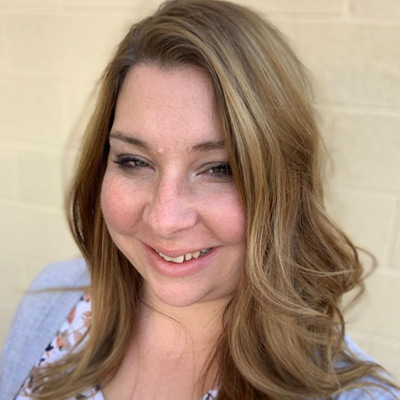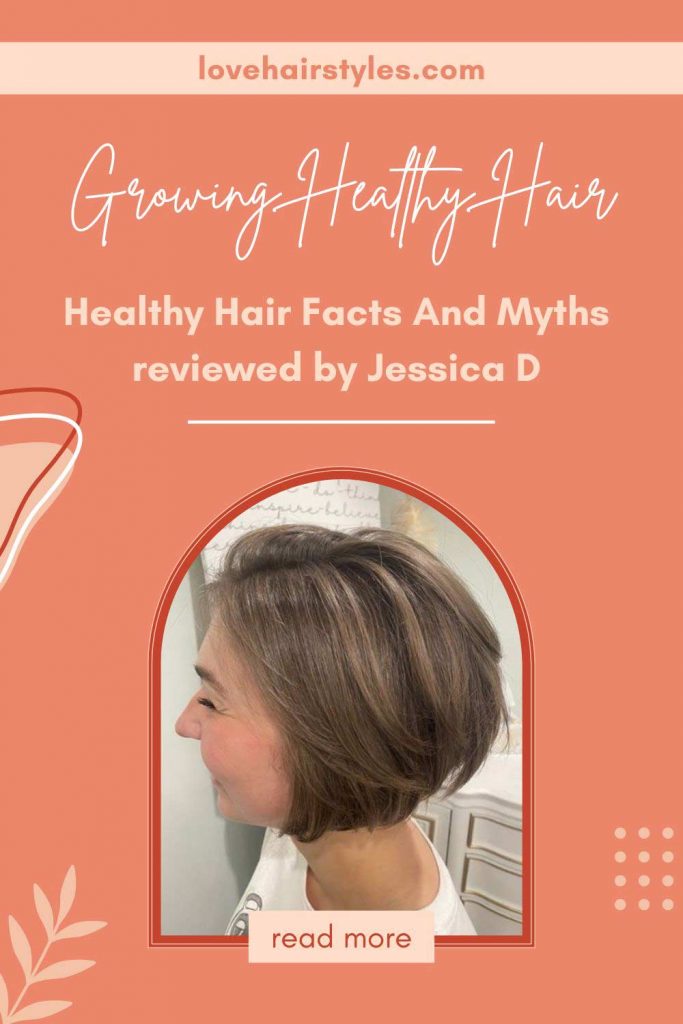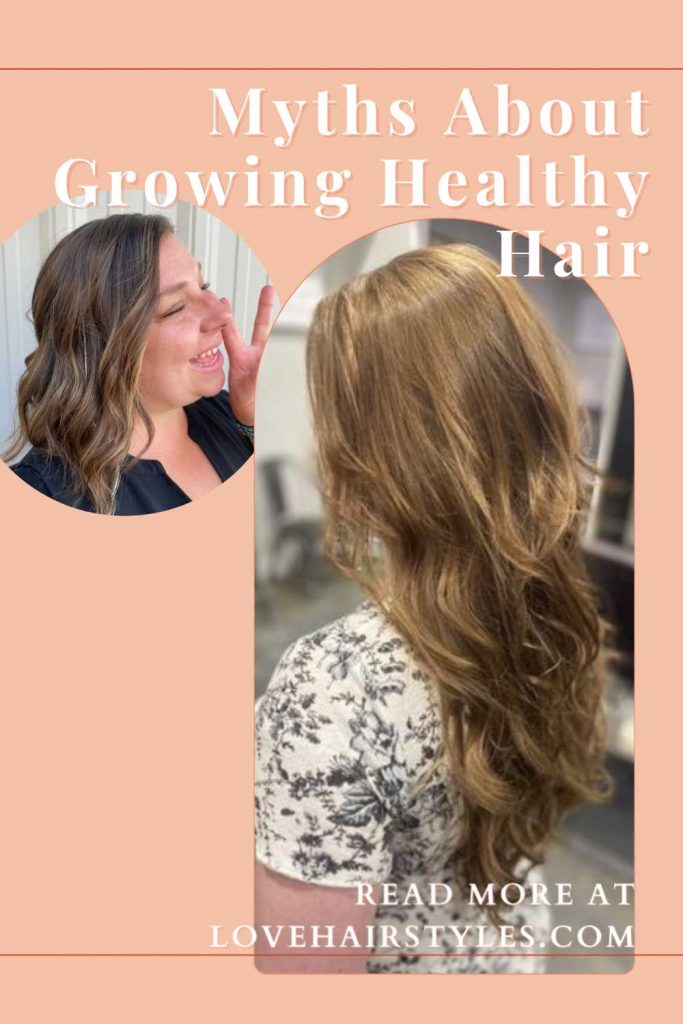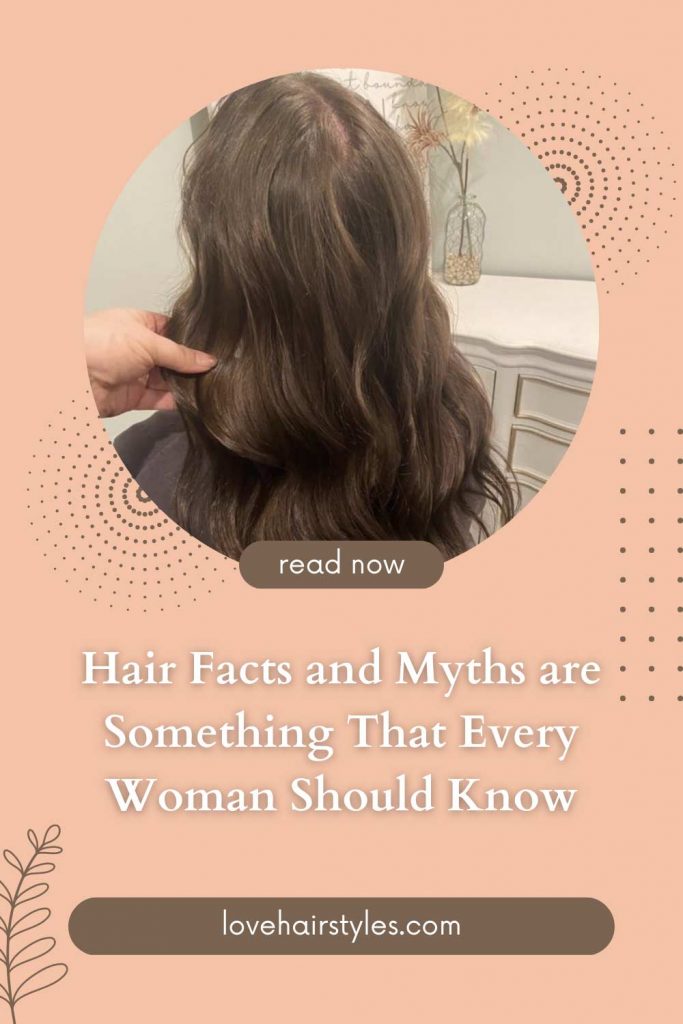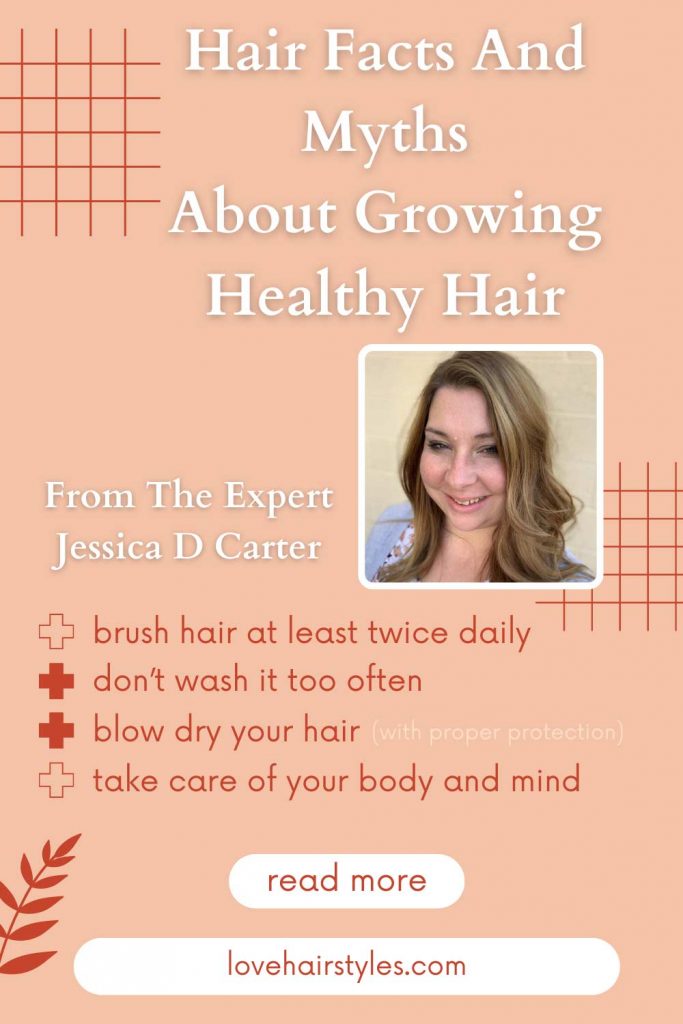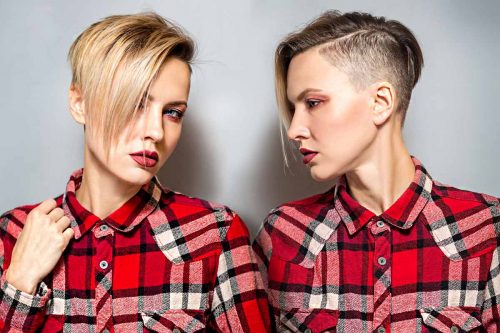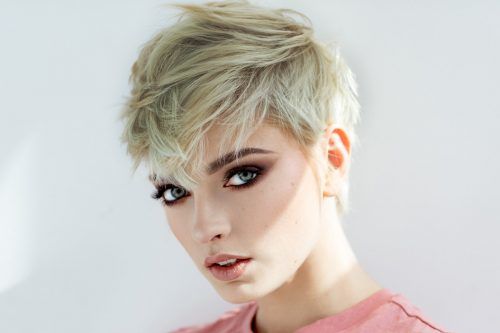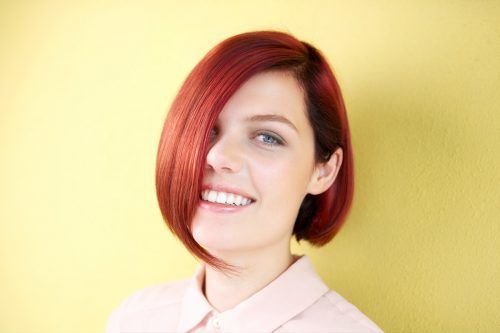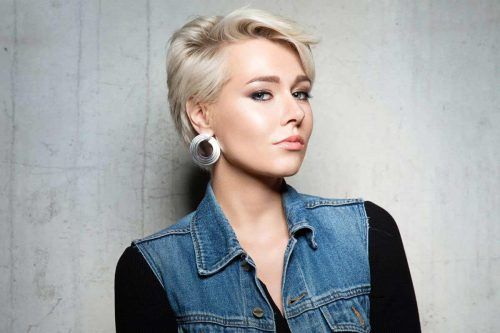If you want to find out some of the most common hair facts and myths, you should ask Jessica D Carter. Not only is she a talented hairstylist but she is also a hair expert with almost twenty years in the industry. Jessica D always hears the same complaint when she is behind the chair. Her clients don’t know which piece of advice is accurate these days. When everyone could claim to be an expert, who can you trust? Let's go back to science, chemistry, and facts. Below, she’s going to bust some myths and leave you with the top healthy hair-growing facts.
*We may earn money from affiliate links on this page. Please check out our disclosure policy for more details.QUICK NAVIGATION
- The Connection Between Blow Drying And Sebum Production
- External Factors Affecting Your Hair Health
- Other Factors That Hinder And Contribute To Healthy Hair
- Mental Health Is Key To Healthy Hair
The Connection Between Blow Drying And Sebum Production
The number 1 most common hair myth I have heard is ‘Stop blow drying your hair’. Yes, blow drying can cause dryness if you’re not careful, and the heat can cause the cuticles in your hair strand to expand. That expanding causes the hair to feel like Velcro and then get easily tangled. While that is true to some extent, when you don’t blow dry your hair, you may face even worse problems.
Credit photo: instagram.com/its.jessica.dYour scalp produces oil called sebum. Sebum is necessary for healthy hair growth. It also helps your hair maintain shine and the correct balance of nutrients for your hair. When the sebum settles on the scalp instead of being brushed or distributed by the blow dryer, it can aid in clogged pores and greasy looking hair. Clogged pores lead to unnecessary hair loss. In order to “fix” this problem, most people would think to wash their hair more often. That is also one of the most common hair myths, as it does not determine how often should you wash your hair. This communicates to the sebum production that it's time to produce more sebum and over time, you will have overly dry ends and a greasy scalp while you're stuck washing your hair daily, which becomes to look greasy by the end of day.
Instead, use your blow dryer and brush to help distribute those oils to the ends of the hair strand. Use a warm setting and a heat protector to maintain protection from damage. Brushing your hair at least twice a day increases the circulation in the scalp, and keeps pores from clogging up. One of the most fun facts about hair is that brushing daily will help those oils get absorbed in the right places instead of settling on the scalp. This is the most important and cost effective way to grow long healthy hair.
External Factors Affecting Your Hair Health
Credit photo: instagram.com/its.jessica.dIf you have a problem with your products feeling like they are building up or feeling gritty, you are either using the wrong product for your hair or you are using too much. Another fun fact about hair: every hair strand needs outside protection from heat, UV rays, and free radicals.
What are free radicals? They are atoms without a partner that attach to other atoms and cause negative reactions. Free radicals come from tobacco smoke, air pollution, UV rays, radiation, some chemicals, and more. Our hair acts like a filter, those free radicals attach to vulnerable hair strands and can cause brittleness, premature aging, dryness, lack of shine, color fading, etc. One of the best hair tips to prevent this is by using a great thermal protector. It acts like sunscreen and a shield on your hair strands.
Other Factors That Hinder And Contribute To Healthy Hair
Credit photo: instagram.com/its.jessica.dThose are the things you can do to protect your hair from outside influencers. Now, let's talk about what happens on the inside. Have you looked at the side effects of the medications you had taken recently? According to AARP.org, several of our common medications can cause hair loss, brittleness, and damaged hair.
”Hair loss is a relatively rare side effect, but a variety of medications may cause it: beta-blockers, blood thinners, antidepressants, cholesterol-lowering drugs, certain nonsteroidal anti-inflammatory drugs (NSAIDs) and hormone-related drugs like thyroid meds, hormone replacement therapies or steroids.”
Let’s say you do take one or more of these medications. I am not going to tell you to stop for the sake of your hair. There are ways you can help build those nutrients your hair needs to be strong and healthy even though you take one of these medications. Your hair is made up of 95% keratin, which is a strong protein. You can take vitamins for hair with keratin (such as keratin, biotin, or hair, skin, and nails vitamins) and make sure you eat your veggies and meats. (Check the list of healthy hair foods here)
Mental Health Is Key To Healthy Hair
Lastly, let’s do a little mental health check. Did you know your stress levels affect everything in your body, from hormones to hair growth? And this is one of the most underrated facts about hair.
Avoid unnecessary stress with these Harvard recommended activities.
-
Take a walk
-
Write in a journal
-
Get 7-9 hours of sleep
-
Reduce inflammatory foods
-
Create boundaries and delegate when possible
In summary of the abovementioned hair facts and myths, to grow long healthy hair, brush it at least twice daily, don’t wash it too often, blow dry your hair with the proper protection, as well as take care of your body and mind. If genetics doesn't have long hair in the cards for you, that's okay. You can still have healthy hair and a healthy mind.
REFERENCES:- Types of Drugs That May Cause Hair Loss. Source
Was this article helpful?


